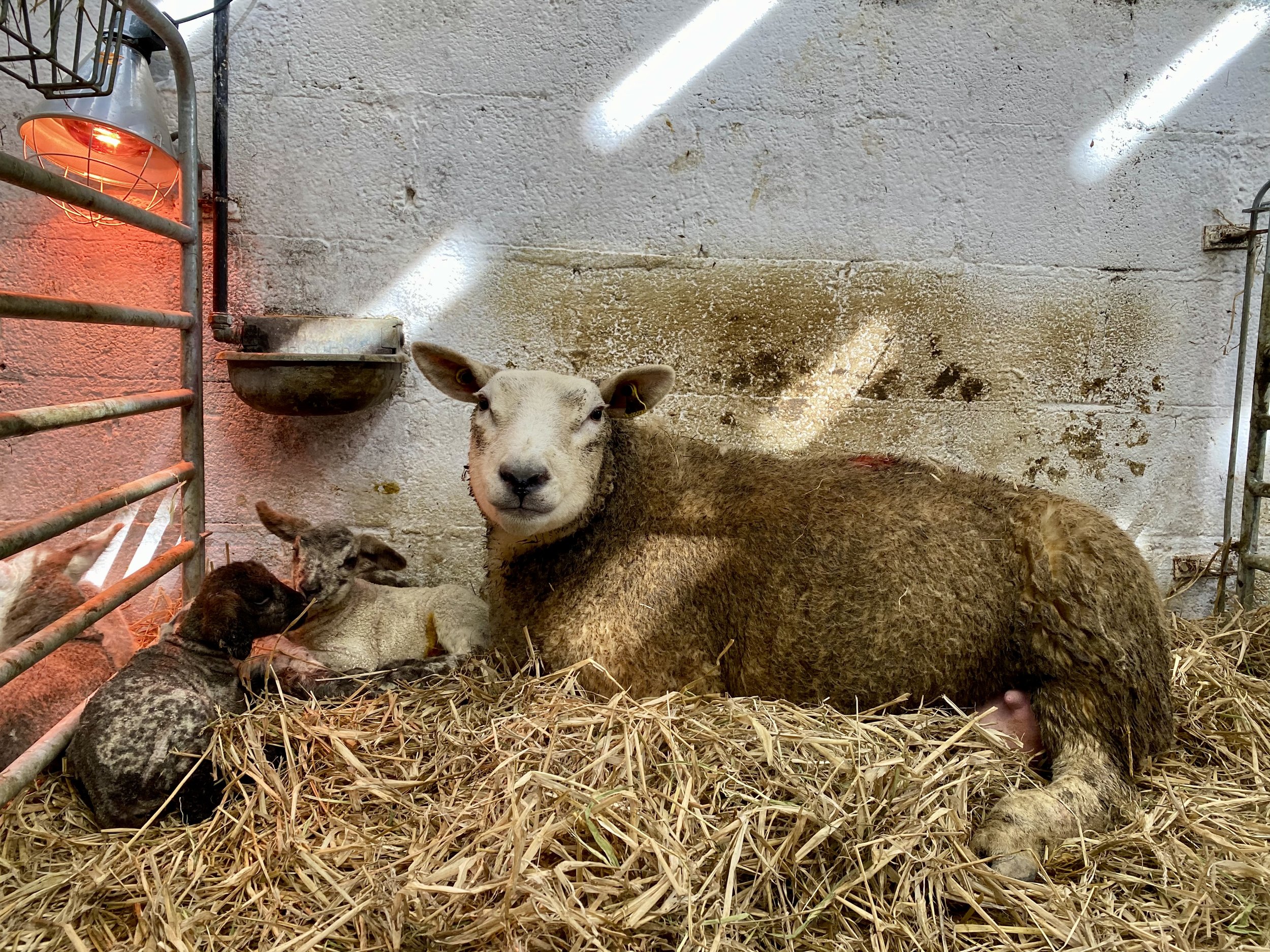About
neonatal Clinical examination
The first examination an animal receives may be the most important one of its life. Many small issues can be detected and managed before they progress to major problems. A day is a long time in the life of a newborn animal and they can become very ill very quickly.
Happily, they may also respond rapidly to prompt interventions, so it’s important that newborn patients are assessed several times a day and any emerging problems are reported to the clinician.
A large animal neonate is usually assumed to be one in the first two weeks of its life.
Neonates are not just small adults - their unique physiology confers important clinical differences that it’s vital to be aware of:
Higher proportion of body water (70%+ versus 60-65% for an adult
Less efficient at shifting body fluids, so prone to hypovolaemia, even in the absence of clinical signs
Increased risk of infection due to immature immune system and reliance on passive immunity from colostral antibodies
How to examine a dairy calf

